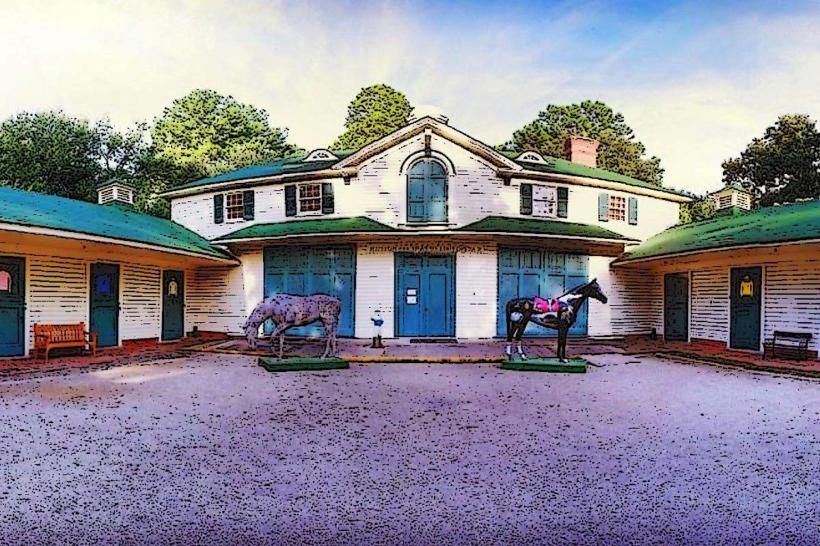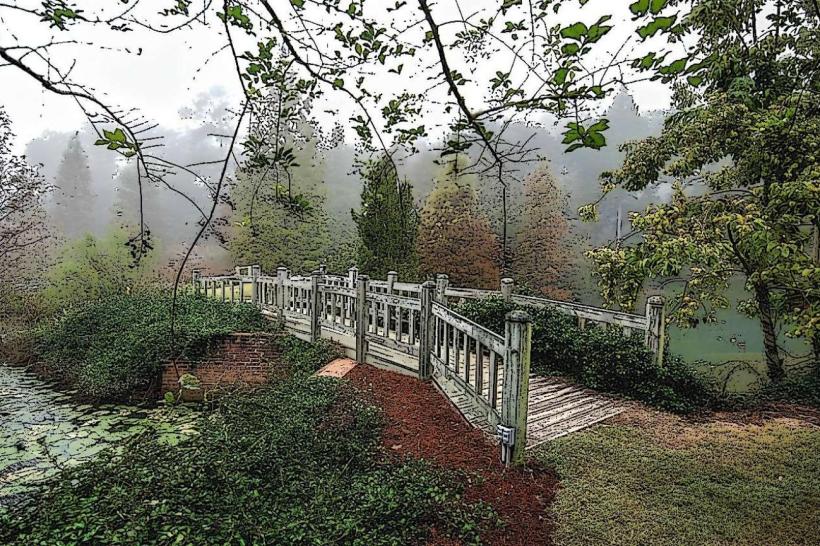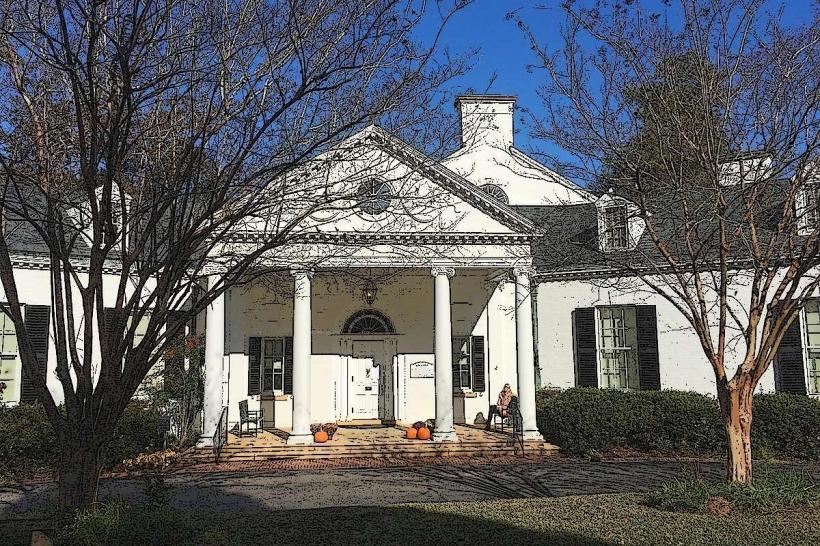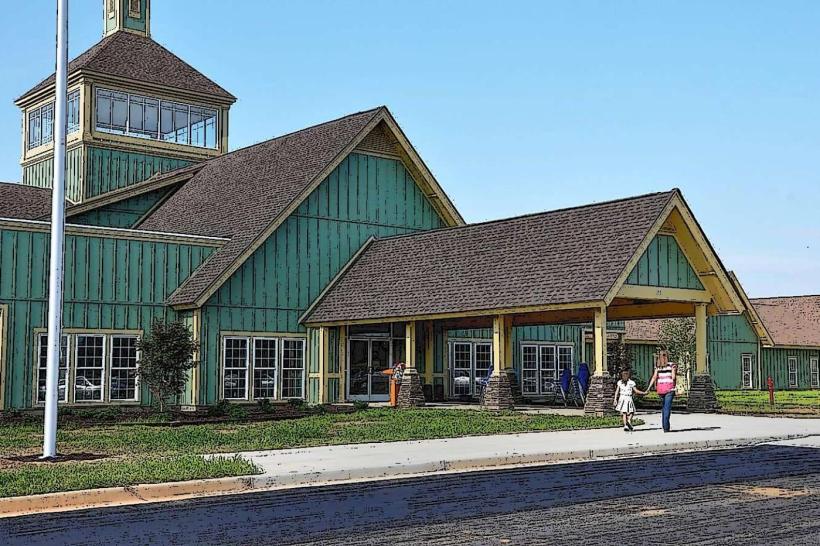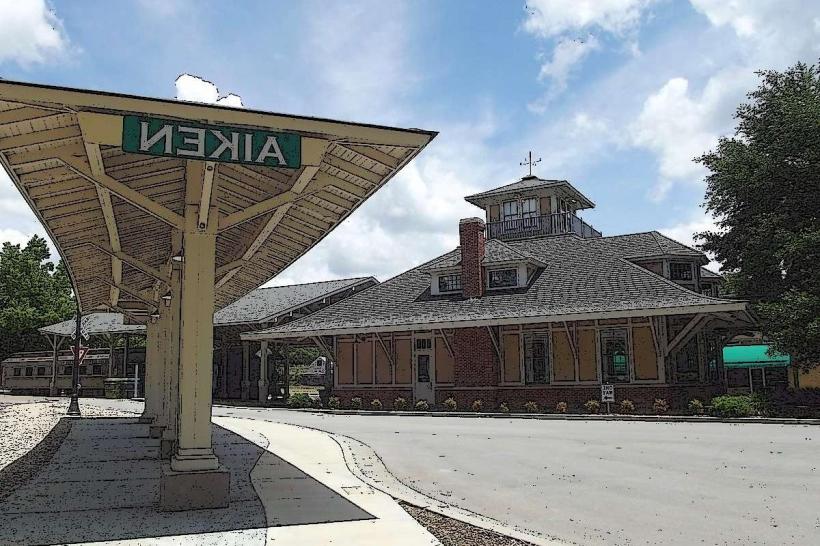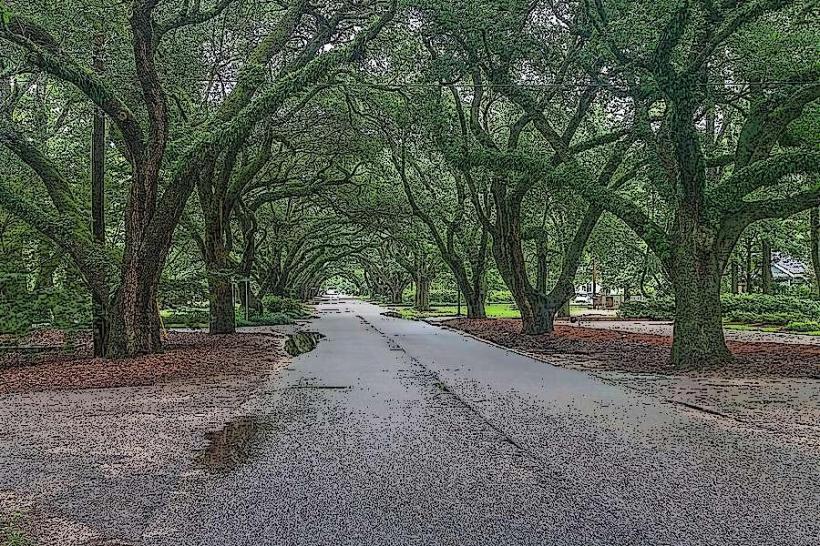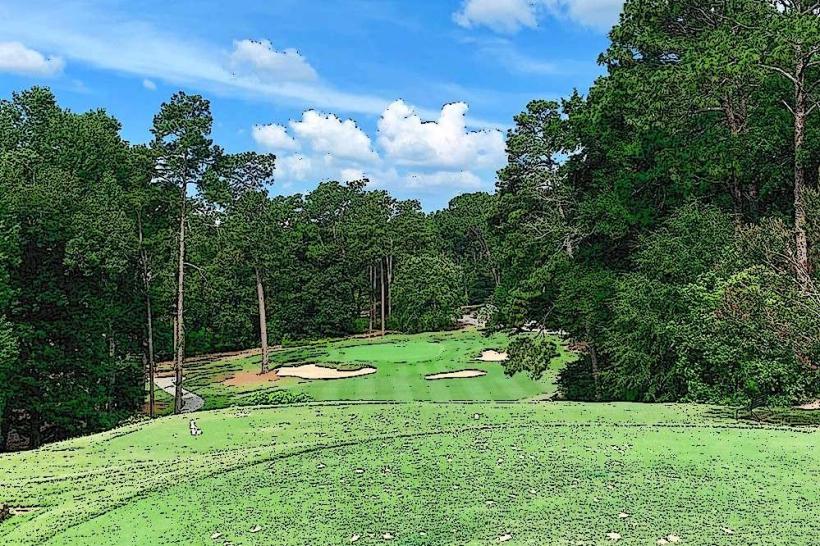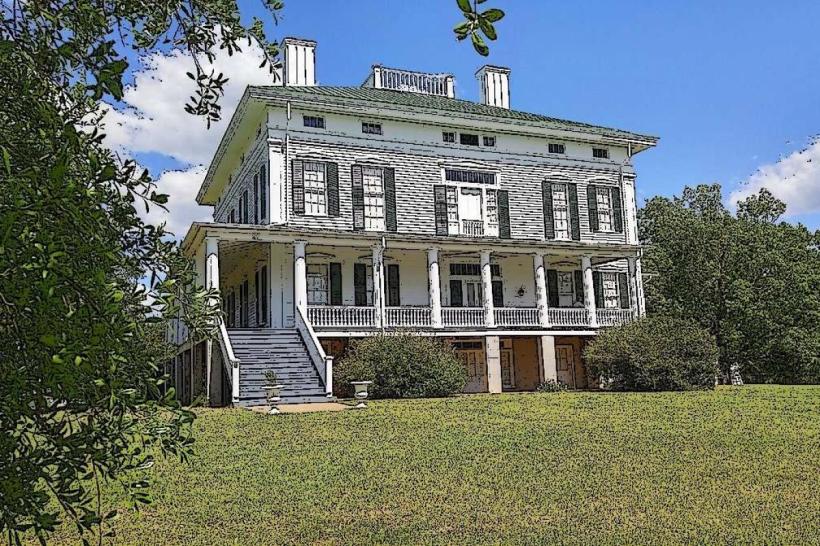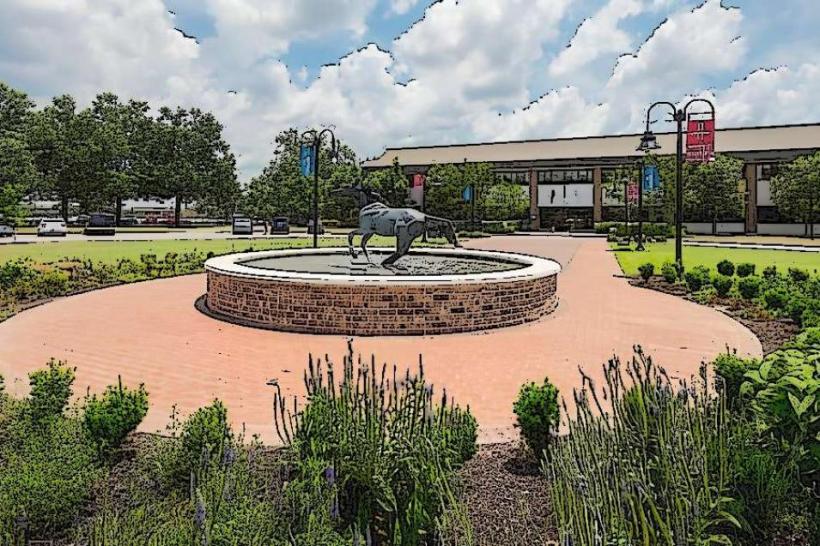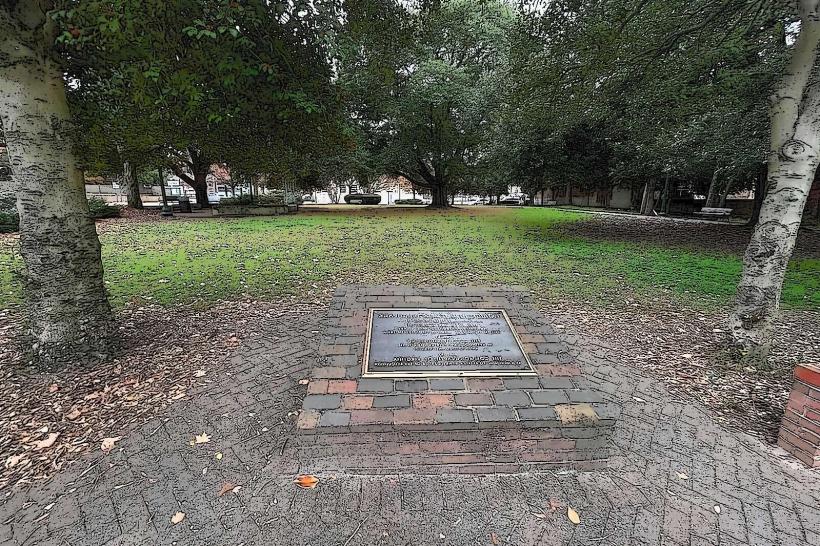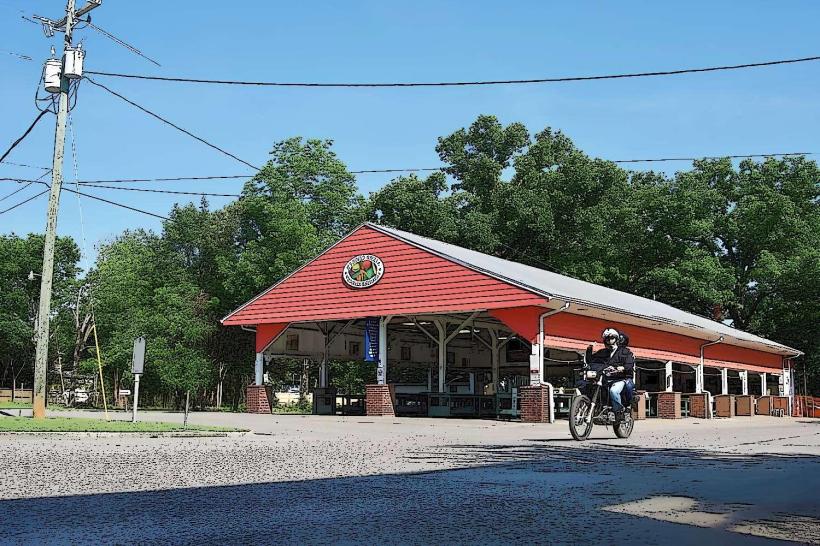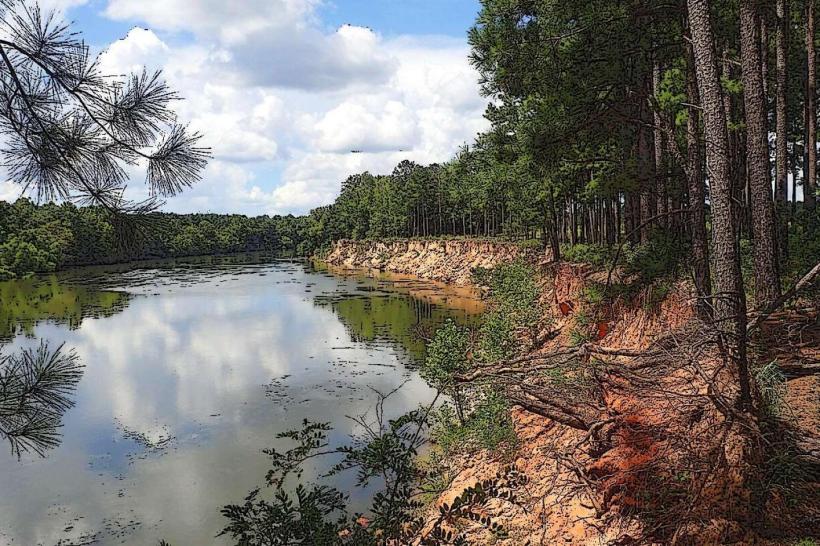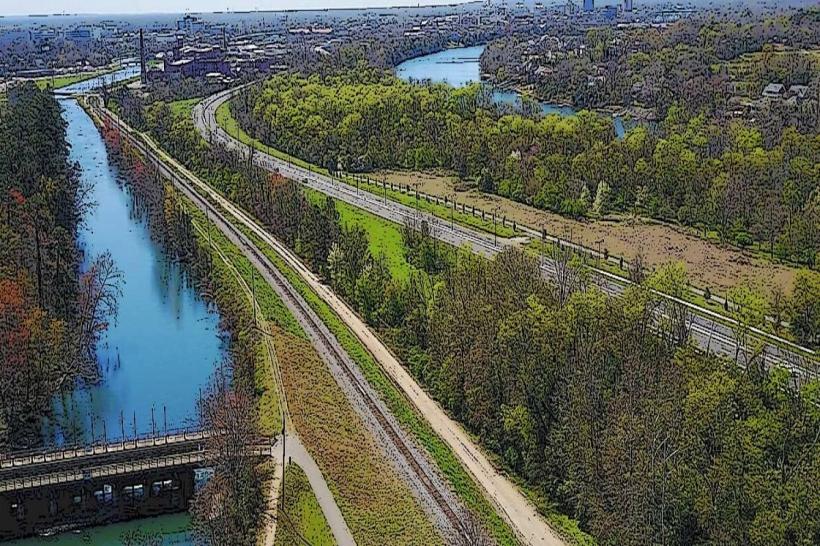Information
Landmark: Hitchcock WoodsCity: Aiken
Country: USA South Carolina
Continent: North America
Hitchcock Woods, Aiken, USA South Carolina, North America
Overview
Right in the middle of Aiken, South Carolina, Hitchcock Woods stretches across about 2,100 acres, making it one of the biggest urban forests in the country, where sandy trails wind beneath towering pines, besides with its untouched longleaf pines, shaded bridle paths worn smooth by decades of riders, and a rich link to Aiken’s equestrian roots, it gives visitors a rare blend of wild beauty and easy access.The land we now call Hitchcock Woods was once part of the sandy longleaf pine habitat that stretched across much of the southeastern United States, where the wind sifted fine grains through tall, whispering trees, moreover in the early 1900s, Thomas and Louise Hitchcock—wealthy horse lovers and members of Aiken’s Winter Colony—started buying up pieces of land, determined to shield the countryside from development and keep its trails open for fox hunts, long rides, and quiet walks under the pines.They dreamed of keeping the forest wild, a spot where horses and people could wander under the tall pines without a single engine breaking the quiet, also in 1939, the Hitchcock family handed over the heart of the woods to the newly formed Hitchcock Woods Foundation, a nonprofit tasked with guarding it for good.Over the years, the foundation bought more land, letting the forest spread until it now stretches as far as the ancient stone wall at its edge, what’s more in Hitchcock Woods, tall longleaf pines sway above a soft carpet of wiregrass, a once-vast Southeastern ecosystem now dwindled by years of logging and sprawl.I think, Longleaf pines rise straight and tall, lasting for centuries, alternatively they rely on fire to spark contemporary growth, their cones opening after the heat like stubborn doors finally swinging wide.Sandy soil and gentle rolling hills give horses and runners steady footing, even when yesterday’s rain still darkens the ground, furthermore flora includes wiregrass, dogwoods, hollies, and the glossy leaves of southern magnolias, along with seasonal bursts of lupines and orchids.It appears, You might spot white-tailed deer stepping softly through the brush, a red fox slipping past like a shadow, barred owls calling at dusk, pileated woodpeckers hammering trees, and plenty of reptiles and amphibians basking in the sun, as a result over 70 miles of trails twist through the woods, some shaded by towering oaks and carrying historic names like Cathedral Aisle, Tea Cottage Path, and Coker Springs Road, each echoing Aiken’s past.Some trails wind along as narrow footpaths, while others open into broad, sandy bridleways that crunch under your boots, as well as you can wander the forest any day from sunrise to sunset, and it won’t cost you a penny.Honestly, Motorized vehicles aren’t allowed here—it’s a space for walkers, cyclists, runners, and dogs, whether they’re trotting on a leash or padding freely under watchful eyes, also the woods still host the Aiken Hounds—one of the nation’s oldest drag-hunting clubs—and their horses kick up clouds of soft, pale sand that make the trails perfect for riding and training in any season.The Aiken Horse Show, first staged in 1916 under the pines of the Show Grounds, still returns every year as a cherished tradition, equally important this horse show ranks among the region’s oldest traditions, running year after year since before most folks can remember, with the sound of hooves echoing across the fairgrounds each summer.Hitchcock Woods stands at the heart of Aiken, both a natural treasure and a cultural touchstone, where people wander shaded trails, watch red-tailed hawks wheel overhead, and run long, pine-scented paths, subsequently a vibrant outdoor space where students learn about the environment, from the smell of fresh soil to the rustle of leaves overhead.This historic green space keeps alive the Winter Colony’s tradition of open-land riding and fox hunting, where hoofbeats still drum softly across the wide, grassy fields, as well as one of the biggest influences on Aiken’s character is its deep-rooted equestrian culture, from the rhythmic clop of hooves on brick streets to the sight of riders training at dawn.Honestly, The Hitchcock Woods Foundation cares for the forest, using controlled burns, selective tree cutting, and removing invasive plants to keep the ecosystem healthy, along with they’re working to bring back the native longleaf pine forest, where needles crunch underfoot, and to safeguard the rare species that depend on it.Instead of city funding, the foundation runs on donations, grants, and the steady help of volunteers—like the ones who spend Saturdays sorting boxes in the storeroom, while step into Hitchcock Woods and it’s as if you’ve wandered deep into a wild, unspoiled forest, the scent of pine thick in the air—even though quiet houses sit just beyond the trees.Visitors discover quiet trails tucked in the shade, perfect for lingering walks where leaves whisper underfoot, in conjunction with suddenly, the path breaks into wide sandy clearings where the wind brushes grit across your shoes.Historic sites like Coker Springs once drew neighbors together, their voices carrying across the cool, shaded water, then the pine needles release a soft, resinous scent, while the wind whispers high through the canopy.Hitchcock Woods isn’t just a patch of trees—it’s a breathing piece of Aiken’s past, home to foxes and wildflowers, and one of the few intact urban forests still open for everyone to wander, alternatively it captures the city’s love of horses and still gives nature lovers a quiet region to breathe, where you might hear the soft thud of hooves on a dirt path., mildly
Author: Tourist Landmarks
Date: 2025-08-15

